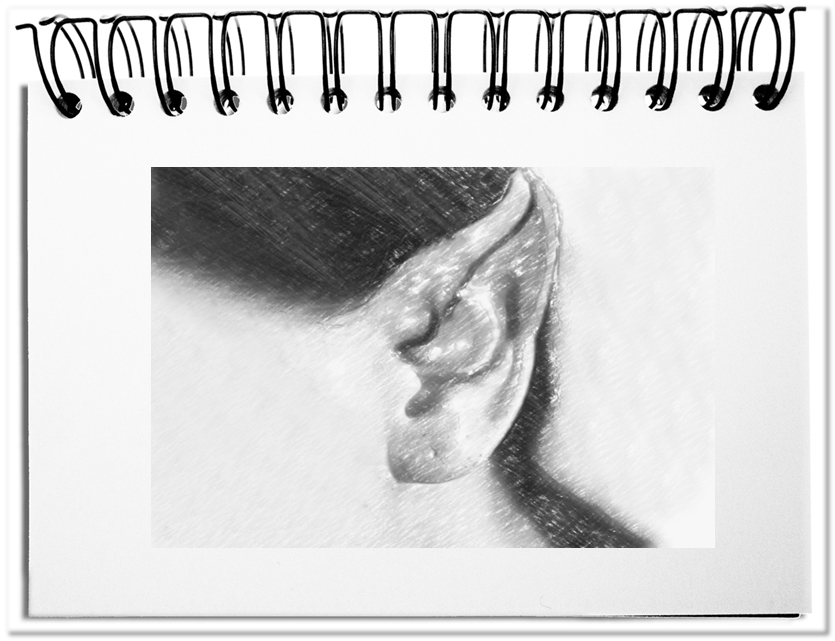Ear sharpeners are phrases that require attention. Messages consist of descriptions that are intended to convey facts. Additionally, speakers send hidden messages about themselves. The key to these disclosures often lies in the first words. The background can be deciphered by asking appropriate questions.
Let’s look at some new ear sharpeners.
- I would…
The good news that is signaled with this beginning is that someone is thinking about what to do. If the sentence furthermore starts with “I”, the probability increases that the person is trying to find the solution by oneself. But if then the word would follows, it is unclear whether this person is willing to get involved personally. Example: I’d like to try another solution.
To keep the speaker active, you can immediately react: Good idea! Go for it! - Objectively speaking…
Statements can be interpreted in different ways. In order to give more weight to the content, one eliminates the conceit of personal bias by explicitly emphasizing objectivity. This neutrality does not exist, since all propositions are always subjectively colored. Statements always depend on the location and experience of the observer. This becomes apparent, when several people describe the same facts differently. Example: From an objective point of view, only these options remain.
In order to ensure that you come as close as possible to the actual facts of the case, further evidence can be asked for: Are there any other factual contributions? - I really mean it!
Statements can announce activities and convey opinions and feelings. They concern the speaker or represent his or her assessments. The real intentions of a person cannot be seen in the utilized words. For this reason the speakers underline their importance by making the seriousness clear through this ear sharpener. Example: We have to try harder to reach our goal, otherwise we will have problems. I really mean it.
In order to use the momentum of the speaker’s decisiveness, one should challenge its seriousness: Let’s immediately sit together and determine the next steps. - That’s just the way it is.
Some conversations end with the statement that there is nothing more to say, because that is simply the way it is. This classical killer phrase is an attempt to nip any statements and contradictions in the bud. Example: We can’t do this. That’s just the way it is.
In this case you can help the speaker out of his resistance: What could we further use so that it works differently? - Based on my long experience…
A particularly immodest statement is the reference to one’s own competences. Since a speaker always talks about himself or herself with his or her words, it is important to focus attention on possible weaknesses or concerns of the person. Example: I know this weak point based on my long experience.
This is a good opportunity to reuse the wealth of experience by asking: How have you solved this so far?
Bottom line: Statements often contain additional signals that help to better understand the speaker’s intentions and to react appropriately. Theorists, realists, serious, simplifying and experienced people deliver messages in addition to the content, which make their real intentions recognizable by the used phrases. It is worth paying attention to these ear sharpeners and using them as an amplifier for oneself.


